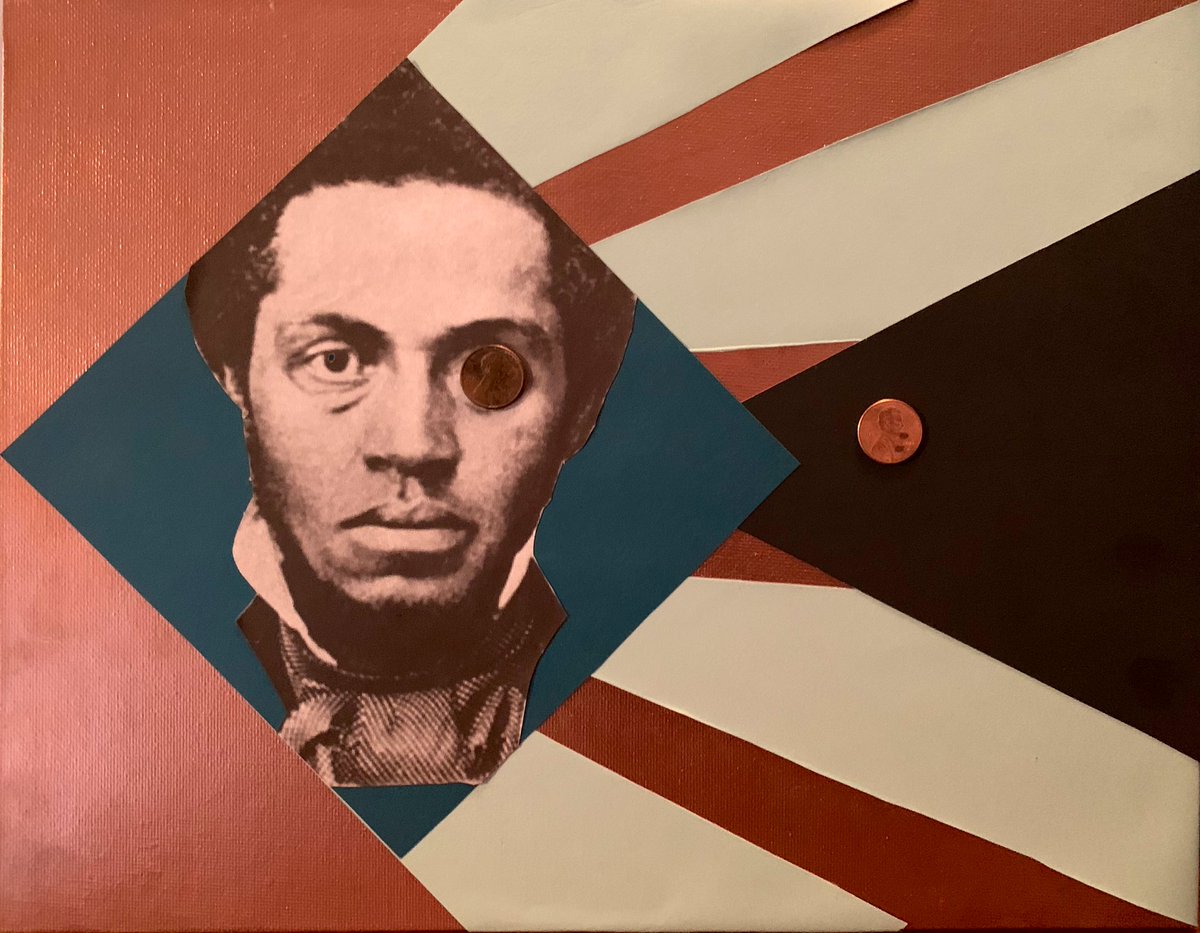
It’s the anniversary of when a small band of people tried to start a revolution to end the horror of slavery in a raid on Harpers Ferry. This is mostly known as John Brown’s raid. But I want to talk about Osborne Perry Anderson, the raiding party’s sole Black survivor. 

Anderson escaped the raid and even worked with pioneering Black female publisher and lawyer Mary Ann Shadd Cary to release a first-hand account of the event, which you can read here: archive.org/details/voicef…
Both Anderson and Shadd Cary, along with many other Black luminaries, were buried at Columbian Harmony Cemetery in Washington, DC.
Their original resting place is now the site of the Rhode Island Metro Stop.
Their original resting place is now the site of the Rhode Island Metro Stop.
37,000 bodies were moved to a new site in Maryland, National Harmony Memorial Park, in 1960 after the Cemetery financial issues and the site was sold to developers. But their memorials were not. Some were later found being used as scrap along the Potomac River.
But just this year, dozens of gravestones were returned and more memorials are planned. It’s not enough, but it’s at least one glimmer of hope in how my community interprets the racist history beneath our feet. cbs19news.com/story/44582480…
Study for a piece featuring Anderson from a series about cemetery displacement and destruction around Washington, DC. The pennies represent former versus current internment site. 

For those interested in more about Osborne Perry Anderson and his Black comrades in the raiding party—@GeneMeyer’s Five for Freedom goes into more depth
• • •
Missing some Tweet in this thread? You can try to
force a refresh













